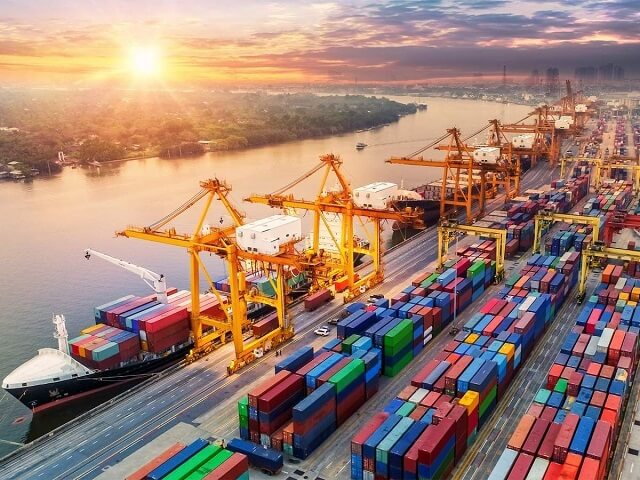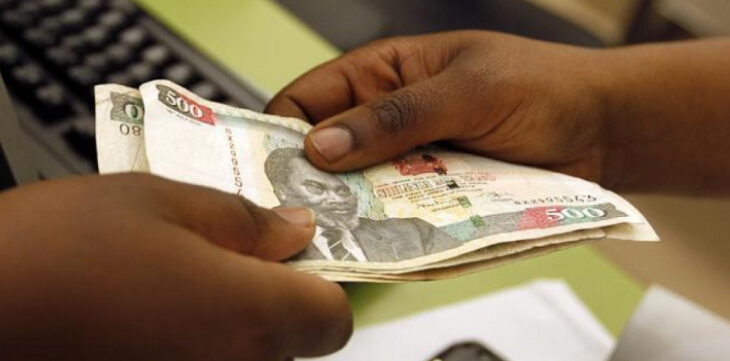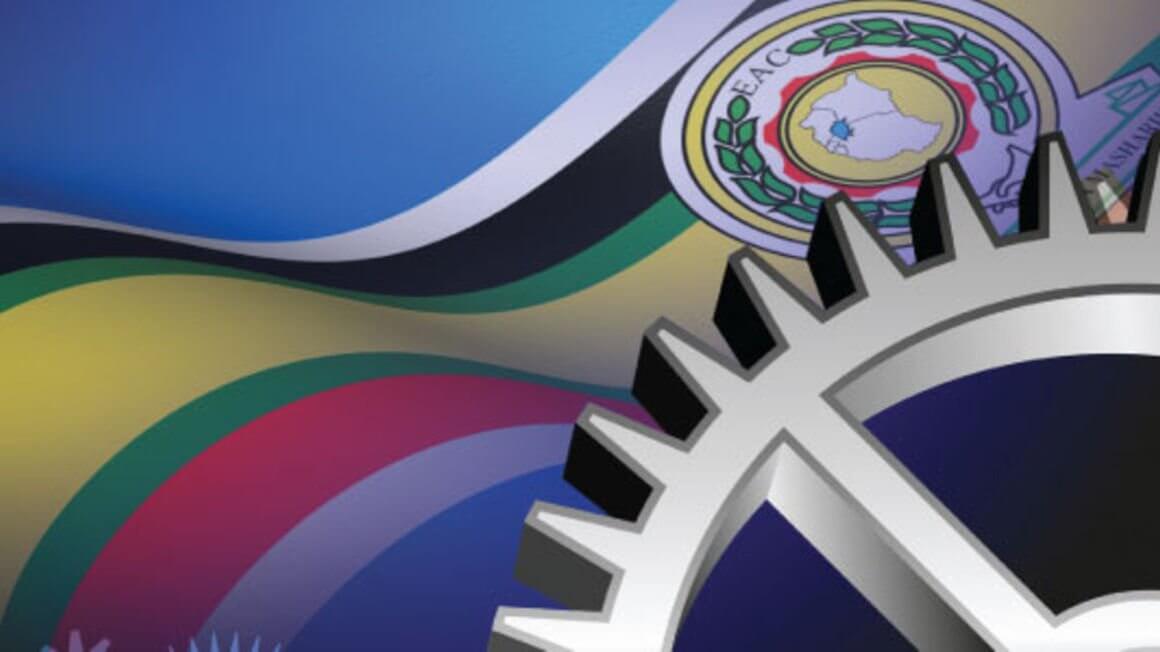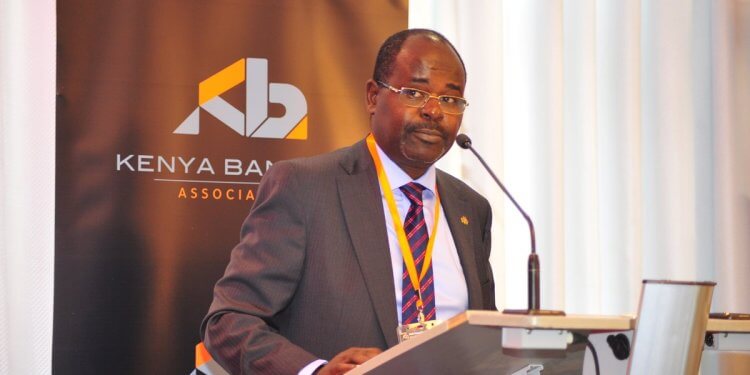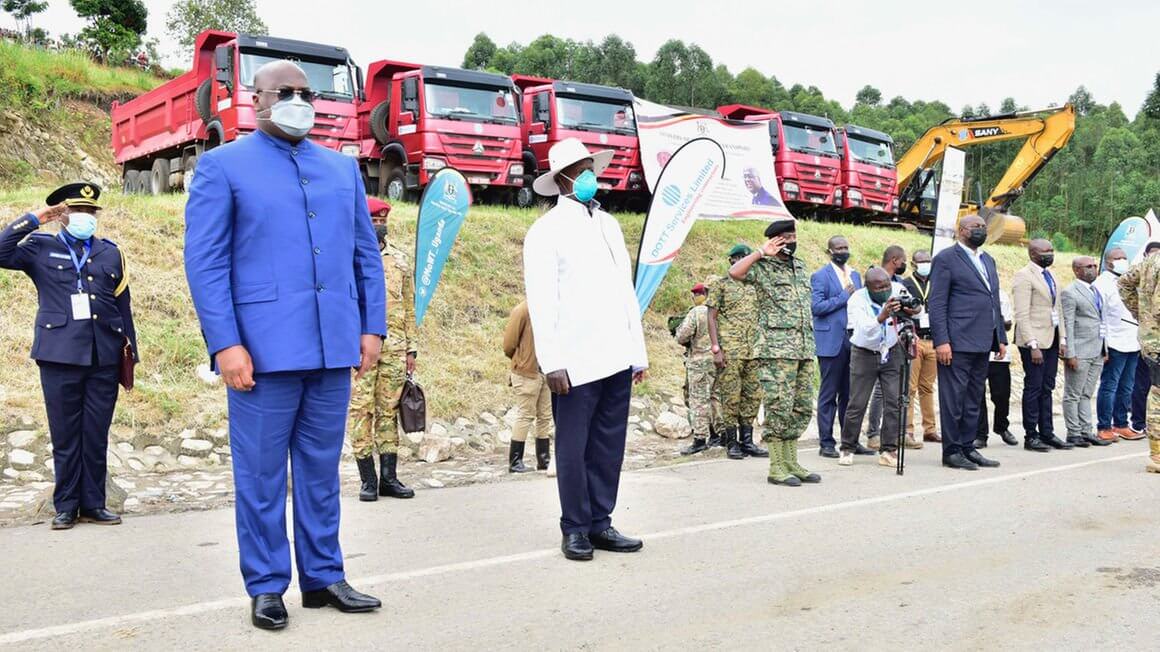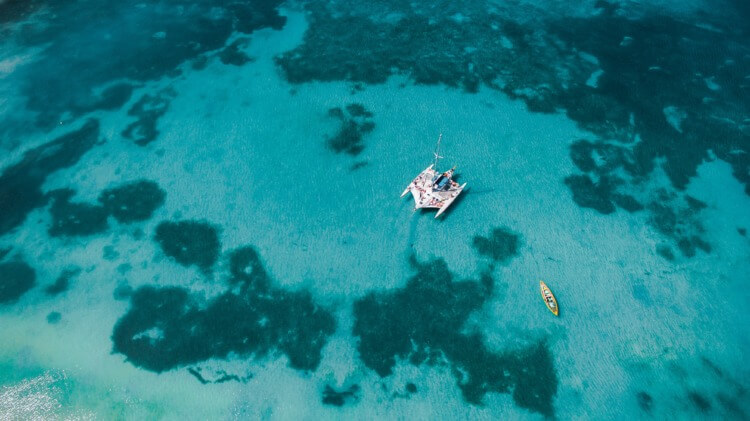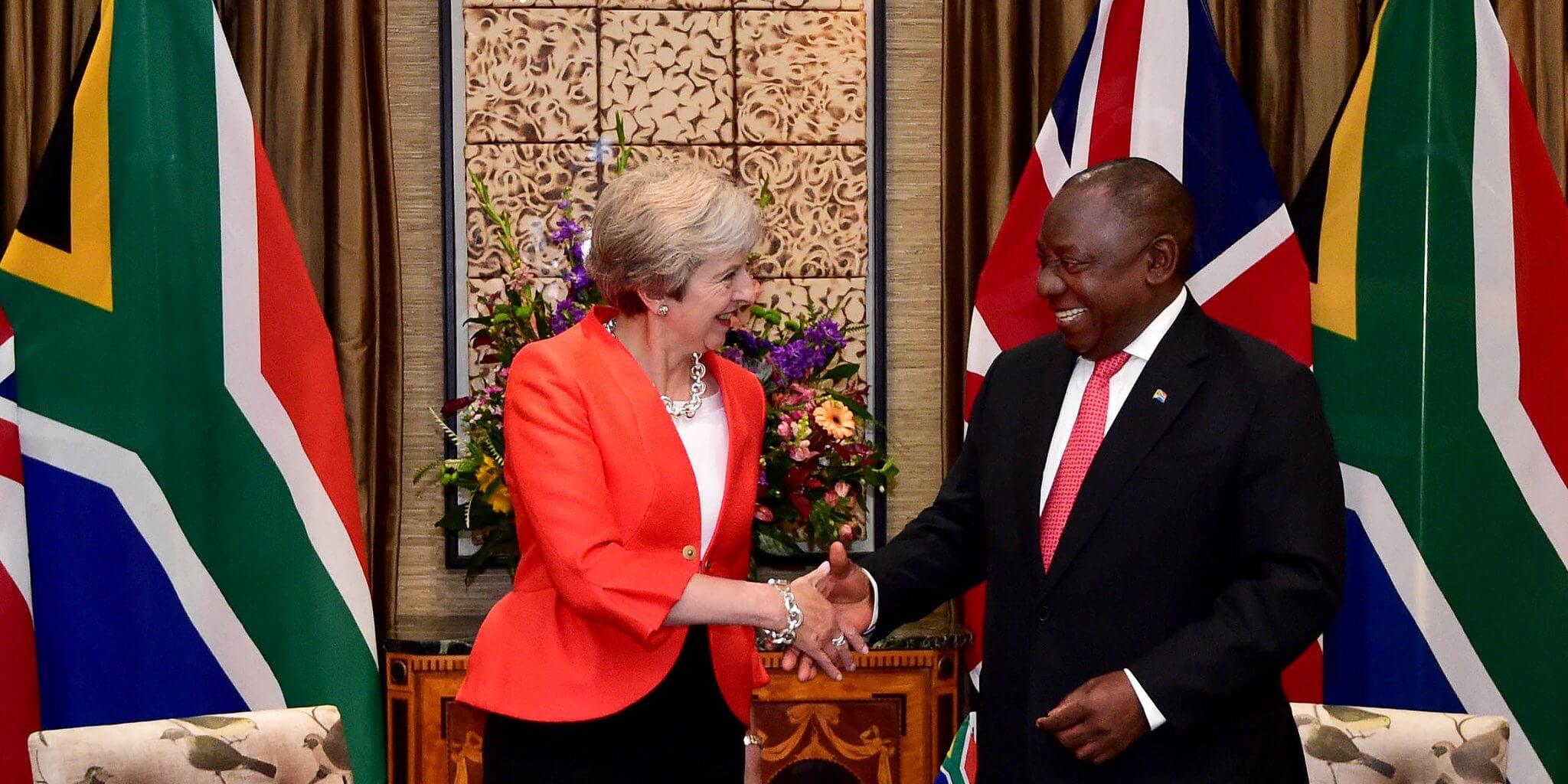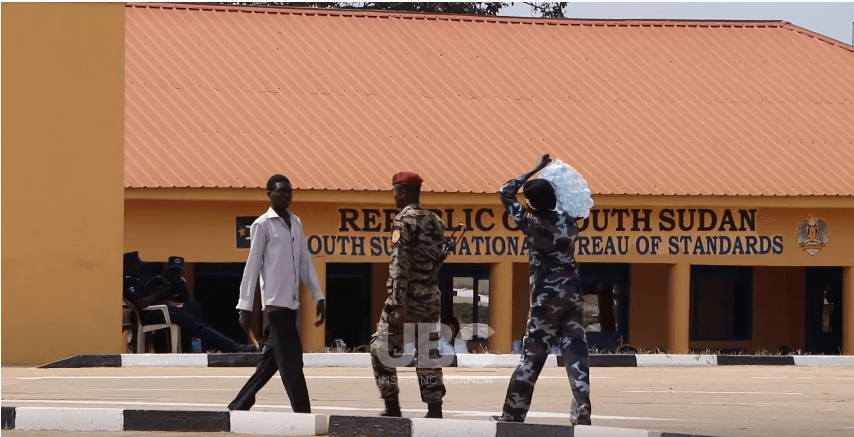The U.S. business groups have urged the Biden administration to remove punitive tariffs on U.S. imports imposed by the previous administration, as tariffs continue to hit American businesses and consumers while pushing up inflation pressures. HIGHER PRICES FOR CONSUMERS “Due in part to these tariffs, the U.S. is now an island of high metal prices, where manufacturers pay 40 percent more for steel compared to their global competitors,” several industry associations representing hundreds of U.S. manufacturers of home appliances, electrical and foodservice equipment, wrote in a recent letter to U.S. Trade Representative (USTR) Katherine Tai. “These higher costs mean that finished goods produced by U.S. companies cannot compete with cheaper, imported versions, putting American manufacturing jobs at risk,” the letter said, urging the Biden administration to lift the Section 232 steel and aluminum tariffs that were initiated three years ago under the administration of former president Donald Trump. “These companies are suffering from prolonged and impactful shortages of steel, aluminum, and other key components, which has resulted in record high prices and long manufacturing lead times,” the letter said. The letter came after a group of over 300 U.S. manufacturing companies last month urged President Joe Biden to immediately terminate the restrictive steel and aluminum tariffs. “Without termination of the tariffs, this situation will worsen if Washington moves forward with an infrastructure bill to invest in America, as these projects will create more strain on domestic steel and aluminum supplies, causing delays in construction and risking manufacturing jobs,” the group...
U.S. businesses urge Biden administration to remove tariffs amid rising costs, inflation concerns
Posted on: June 22, 2021
Posted on: June 22, 2021

